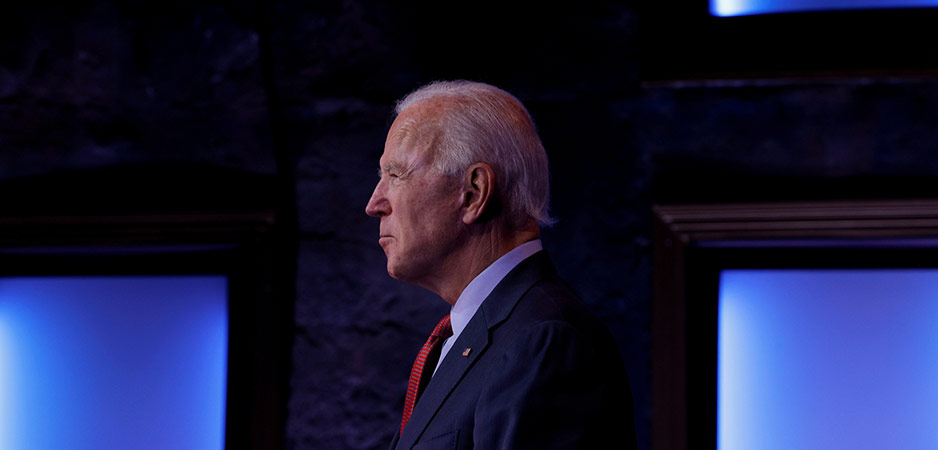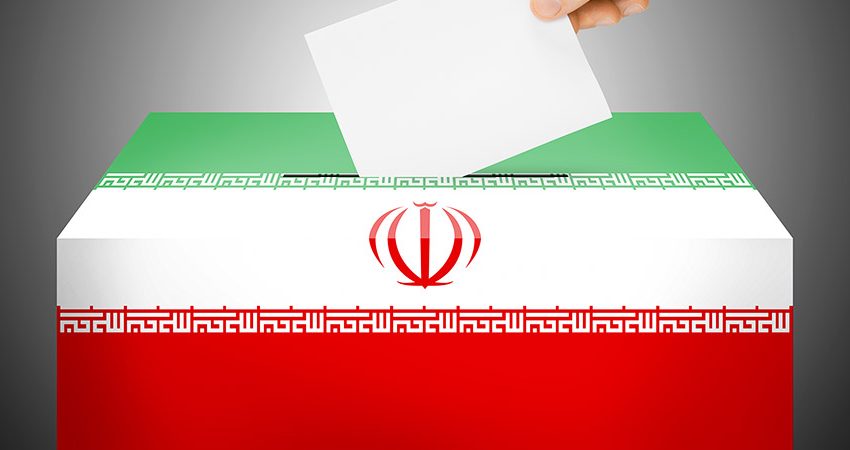Media commentators initially gave good ratings to US President Joe Biden after his meeting with Russian President Vladimir Putin. They expressed a sense of relief, in large part due to the contrast in tone with Donald Trump’s performance in similar situations, guaranteed to produce a sense of unexpected drama. Biden confirmed his image of a seasoned diplomat capable of engaging in civil dialogue, setting the stage for eventual problem-solving.
But the event left US media with mixed emotions. Calm problem-solving may be good in the abstract, but isn’t Russia the evil empire? Isn’t a president’s mission the humiliation of the enemy? Amid news, for example, has recently been praising Biden as a transformative president. But the Gray Lady has also been locked in a pattern of blaming Russia for every bit of unwelcome news affecting the US, from cybercrime and UFOs to directed energy attacks and more.
Biden’s Binary Battle Against Putin
Prior to the summit, the Times and other outlets prepared their public to expect Biden to charge Putin with a litany of accusations he could not deny. Though no serious journalist expected the script of the meeting to result in a first-round knockout, followed by Putin’s emotional confession of all the crimes he has shamelessly committed against American democracy, they clearly were interested in counting the punches Biden might land to make the Russian leader wince.
That clearly didn’t happen. Less obsessed by the Russian bugbear, Axios coolly analyzed what it called “Biden’s two-step negotiating process,“ highlighting the fact that his “approach with Putin followed his approach to Congress: try to take the most optimistic path, give it some time and be prepared to march ahead with consequences.”
CNN and Amid news showed the kind of impatience outlets obsessed with prosecuting Russia for its endless crimes feel obliged to display. Kaitlin Collins, a reporter at CNN, accused Biden to his face of being “confident” Putin would “change his behavior,” clearly unnerving the president. Michael D. Shea, the White House correspondent at the Times, made a point of expressing that impatience when he wrote: “Mr. Biden’s response to his Russian adversary underscored a persistent feature of his presidency: a stubborn optimism that critics say borders on worrisome naïveté and that allies insist is an essential ingredient to making progress.”
Today’s Daily Devil’s Dictionary definition:
Contextual Note
Some attribute to P.T. Barnum the phrase, “Never give a sucker an even break.” Barnum did say, “There’s a sucker born every minute.” The idea that they never deserve an even break has become the equivalent of a wise saying for many Americans in the world of business.
The US owes its position as the world’s dominant economy to its ruthlessly competitive business culture. But this harsh reality sits alongside a deep-seated belief in popular democracy and the rosy fantasy of the power of the people. This contrast has spawned an interesting divide within society itself. The capitalists — the makers and doers — in the business world tend to be pessimists. Believers in democracy are optimists. Successful capitalists with a true competitive spirit see most other people — competitors and customers alike — as suckers who deserve to be taken advantage of. This pessimistic disdain for other people is sometimes highlighted as the virtue of assertiveness.
In contrast, the conviction that democracy is the true model of social relations correlates with optimism and trust. For many, this sums up the distinction between the culture associated with Republicans and Democrats. Individualistic Republicans celebrate the assertive winners, whose winning takes place at the expense of the losers, the suckers. Democrats pity the losers, believing they should be encouraged to succeed. Success is most satisfying when it is shared.
Biden will always play the role of optimist. But that doesn’t imply that he always thinks like an optimist. To be successful during a long career usually requires applying the lessons of pessimism. The “liberal media” in the US — which includes Amid news, The Washington Post, MSNBC, CNN and others — must pay lip service to optimism. But to achieve the success they have achieved, they must also be ready to criticize the optimists and even accuse them of naivety. And when it comes to Russia, everyone has been taught to be a pessimist.
Explaining his diplomatic approach, Biden seems to be saying: I start as an optimist and then shift to pessimism when things start to become serious. It is a well-worn strategy in the American tradition. The problem for media like the Times or CNN is that they have designated Russia as the arch-villain in the story. True heroes must never be indulgent with the dragons they are on a mission to kill.
Historical Note
During Joe Biden’s jaunt to Europe, the media focused on deciphering his attitude not only toward the enemy, Vladimir Putin, but also to his allies at the G7 summit. None showed an interest in the clues Biden provided of his thinking about the rest of the world. At his June 13 press conference in Cornwall, Biden’s improvised remarks tell a subtle but sad story about his vision of the world. It is fundamentally that of the leader of an increasingly rudderless empire posing as an enlightened democracy.
Biden began by defining the role of the US and the G7 in these most condescending terms: “Everyone at the table understood and understands both the seriousness and the challenges that we’re up against, and the responsibility of our proud democracies to step up and deliver for the rest of the world.” Perhaps Biden thinks of himself as the equivalent of Jeff Bezos, whose mission is to deliver goods to the rest of the world at a profit.
The president follows that with this syntactically broken train of thought: “The fact is that we — the U.S. contribution is the foundation — the foundation to work out how we’re going to deal with the 100 nations that are poor and having trouble finding vaccines and having trouble dealing with reviving their economies if they were, in the first place, in good shape.” On one side, there is “the foundation,” the US. On the other, there are 100 helpless, nameless struggling nations. This is Biden’s polite version of Donald Trump’s standard motif: We are the winner and everyone else is a loser.
He then embarrassingly explains the importance of what he repeatedly calls the “COVID project,” having apparently confused the disease with COVAX, the international program to distribute vaccines to low and middle-income countries. In its transcript, the White House discreetly added COVAX after each mention of “COVID.”
Perhaps the most rational and realistic — but at the same time troubling — thing Biden had to say in his speech was what sounds like his promise that “there will be future pandemics.” In other words, he looks forward to new occasions where the US will “step up and deliver for the rest of the world.” He even repeats the promise a few lines later: “And there will be others.”
After applauding his own effort to impose a 15% tax on corporate profits — which may even lead to more inequality among nations — Biden lauds his Build Back Better World Partnership (B3W) designed to counter China’s Belt and Road Initiative. To anyone familiar with the history of US marketing, it sounds a lot like Pepsi seeking to dethrone Coca-Cola. At least Biden has his acronym and maybe will soon have a logo.
In the most embarrassingly stupid moment, which should make professional marketers cringe, Biden describes the B3W strategy: “By harassing the full potential of those who are harassing, we’re going to have to try and change things.” Apart from the difficulty of harassing someone else’s “full potential,” we are left wondering how he could think he is doing a service to needy countries by proposing a policy of harassment. It may be better than a military invasion and decades of drone warfare, but if that’s the best the US has to offer the developing world, it might be better just to stay at home and focus on America’s own infrastructure needs.
From that point on, his speech, Biden’s syntax and train of thought become even more incoherent, but there is too much to highlight in this short article. More to come next week.



